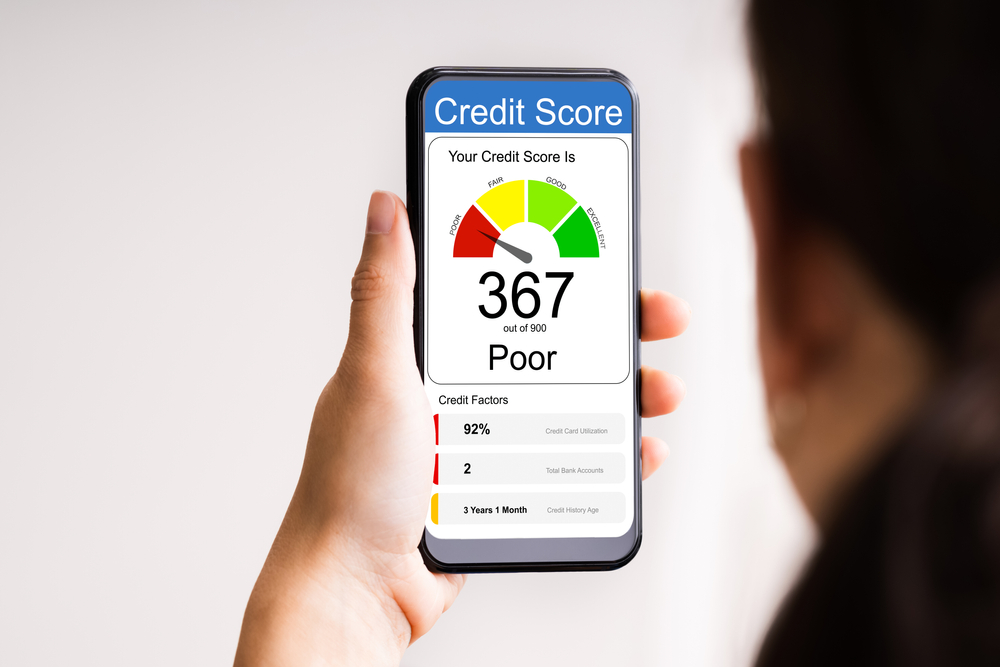Credit Cards & Loans
How much will a poor credit score cost you?

Guest Author:
Emma LunnPeople with a poor credit score typically pay an extra £693 interest each year on the average credit card balance, according to analysis by TotallyMoney.
Working with Moneycomms.co.uk, the credit app calculated the cost of a poor credit score for borrowers with interest-bearing credit card balances.
It found that for the average credit card balance of £2,472, those with a poor credit score could be paying an extra £58 a month in interest when compared to those with a good credit score. This works out to paying an extra £693 a year.
TotallyMoney also found that people are paying interest on 54% of credit card balances, a 7% growth in the past 12 months.
The cost of having poor credit
The research looked at the average monthly and yearly interest charges for prime, near-prime and subprime customers for the typical credit card balance.
The study found that someone classed as sub-prime and paying an interest rate of 49.9% on their credit card would pay £102.79 interest a month on the average balance of £2,472.

Wellness and wellbeing holidays: Travel insurance is essential for your peace of mind
Out of the pandemic lockdowns, there’s a greater emphasis on wellbeing and wellness, with
Sponsored by Post Office
By improving their credit score so that they were classed as ‘near prime’ they could reduce their credit card interest rate to 29.9% and pay £61.60 a month in interest. Further improvements could lead to becoming a ‘prime’ customer, paying interest at a typical rate of 21.9%, equalling £45.11 a month in interest.
Poor credit scores and thin credit files can not only lead to customers being charged higher APRs on their borrowing, but they’re also likely to have access to fewer products, receive lower credit limits and be subject to shorter introductory offers.
Additionally, they may end up paying more for other products too — seeing higher car insurance premiums, being forced onto more expensive prepayment energy meters, and finding themselves limited to pay-as-you-go mobile SIM deals.
Boost your credit score for the best offers
Alastair Douglas, CEO of TotallyMoney, said: “When it comes to credit, a good score can give you access to the best offers, meaning you’ll pay less for what you borrow. Those savings can be put towards paying off existing debts quicker, or to help navigate the increased cost of living.
“If you’re currently struggling to keep up with repayments, you should contact your lender at the earliest opportunity. It may seem daunting at first, but it could help you avoid defaulting on a repayment which can leave a mark on your credit report for years to come.
Andrew Hagger, personal finance expert from Moneycomms.co.uk, said: “It’s inevitable that some consumers will face a chronic financial squeeze this year, leading to late or missed payments on their financial commitments. As a result, credit records will be damaged and mean far higher interest rates if customers look for personal loans or credit cards in the future.
“The cost of having a poor credit record will come as a big shock when people realise they’re no longer eligible for best buy card offers and suddenly face credit card rates of 30% or 40% APR if they apply for new plastic.”